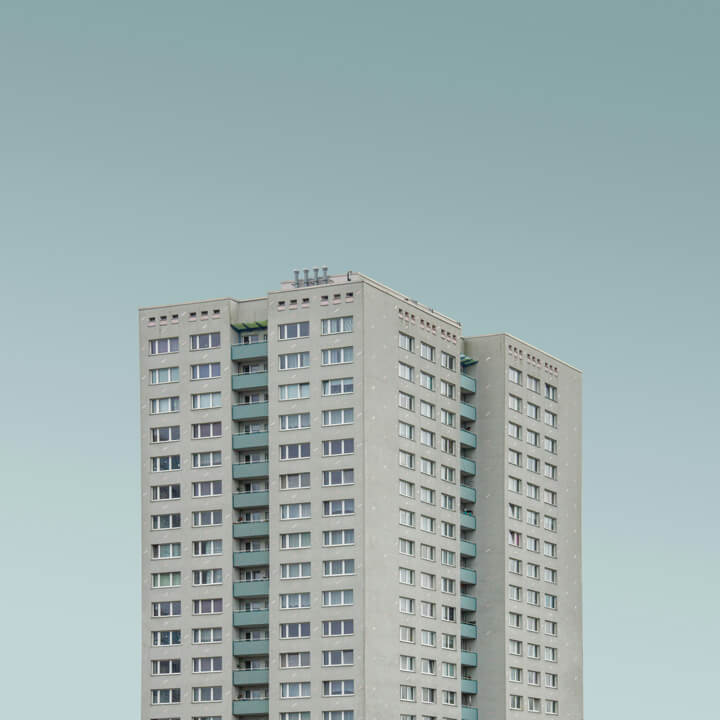Leasehold and Freehold Reform Act 2024: Building safety aspects
8th July 2024
The Topline
“The Leasehold and Freehold Reform Act 2024, enacted just before Parliament was prorogued in May, has hit the legal headlines for the improvements it’s intended to bring about to the rights of residential long leaseholders. But a key aspect of the legislation is the changes it makes to the Building Safety Act 2022. In this article, we explain the ‘need to know’ building safety impacts for residential landlords, developers, managers, investors, agents and practitioners.”
Lewis Couth, Partner, Real Estate Litigation


LFRA: Building safety aspects
Alongside wider reforms to long leaseholders’ rights, the Leasehold and Freehold Reform Act 2024 (LFRA) makes the following key changes to the Building Safety Act 2022 (BSA):
- Introduction of a new exception to existing paragraph 9 leaseholder protection from legal and professional costs relating to liability for relevant defects. The exception will enable a resident management company (RMC) or a Right to Manage company (RTM) to recover costs incurred after 24 July 2024 in connection with a remediation contribution order (RCO) application via the service charge mechanisms under the lease (in so far as such recovery is permitted under the lease). (Section 117 LFRA) This will be a welcome amendment for RMCs and RTMs, the majority of whom would not otherwise be able to fund RCO applications given they do not generate an income.
- Repeal of section 125 BSA, which effectively enables a court, on the application of an insolvency practitioner, to make an RCO application against a company or partnership associated with an insolvent landlord company which is under an obligation to remedy or to pay the costs of remedying any relevant defects in the building. (Section 118 LFRA)
- Introduction of new section 125A BSA, aimed at improving awareness where the person with building safety repairing obligations is insolvent. The new section imposes duties on insolvency practitioners to give specified information, within 14 days of their appointment to a responsible person, to the local authority and the fire and rescue authority; or, if the insolvency practitioner is appointed in relation to an accountable person, to give the required information to the Building Safety Regulator. (Section 119 LFRA)
- Introduction, into section 120 BSA, of a definition of ‘relevant steps’, in relation to the remediation of relevant defects. These are defined as steps which have as their purpose: (a) preventing or reducing the likelihood of a fire or collapse of the building (or any part of it) occurring as a result of the relevant defect; (b) reducing the severity of any such incident; or (c) preventing or reducing harm to people in or about the building that could result from such an incident. (Part 8 LFRA)
- Removal of the potential for some of the arguments seen in the Triathlonv SVDP & Get Living case, by amending Schedule 8 and section 124 of the BSA to remove inconsistencies (section 114 of LFRA). Also, provision of a new, non-exclusive description of costs within the section 124 extended class of connected costs. Complementary new subsection 124(2A) will allow the Secretary of State to make regulations specifying costs that will/won’t be caught (section 116 LFRA). These changes effectively codify the First-tier Tribunal’s decision in Triathlon, so that section 124 applies retrospectively, and that orders for payment under the section may cover interim steps such as waking watch and alarm installation, as well as works required to finally remedy relevant defects.
- Section 115 LFRA also amends section 123 BSA to enable the FtT to order/ enforce the production of an expert report by a relevant landlord in relation to [potential] relevant defects to identify required steps.
Key takeaways
In short, key Leasehold and Freehold Reform Act 2024 building safety aspects: RCMs and RTMs may recover, via service charges, legal and professional costs in connection with any RCO application; insolvent landlord contribution orders are abolished; ROs/RCOs apply to preventative or mitigating steps such as waking watch or other interim measures; and section 124 BSA is fully retrospective in effect.
Sections 117-119 LFRA come into effect on 24 July. The in force date of LFRA’s other building safety changes won’t be confirmed until enactment, by the new government, of commencement regulations.
LFRA and BSA: How we can support you
Walker Morris’ Real Estate Litigation specialists, working seamlessly with our cross-discipline BSA experts, are uniquely placed to help clients from right across the Living sector to successfully navigate all of the legal, regulatory and practical changes brought about by the Building Safety Act 2022.
Our long-standing experience and success in providing strategic risk management, transactional and dispute resolution advice for industry participants in all areas of the sector has contributed to our in-depth understanding of all parties’ commercial perspectives.
For tailored advice, assistance or training in connection with the impacts of the LFRA or the BSA generally, please contact Lewis, Martin or Asia.












